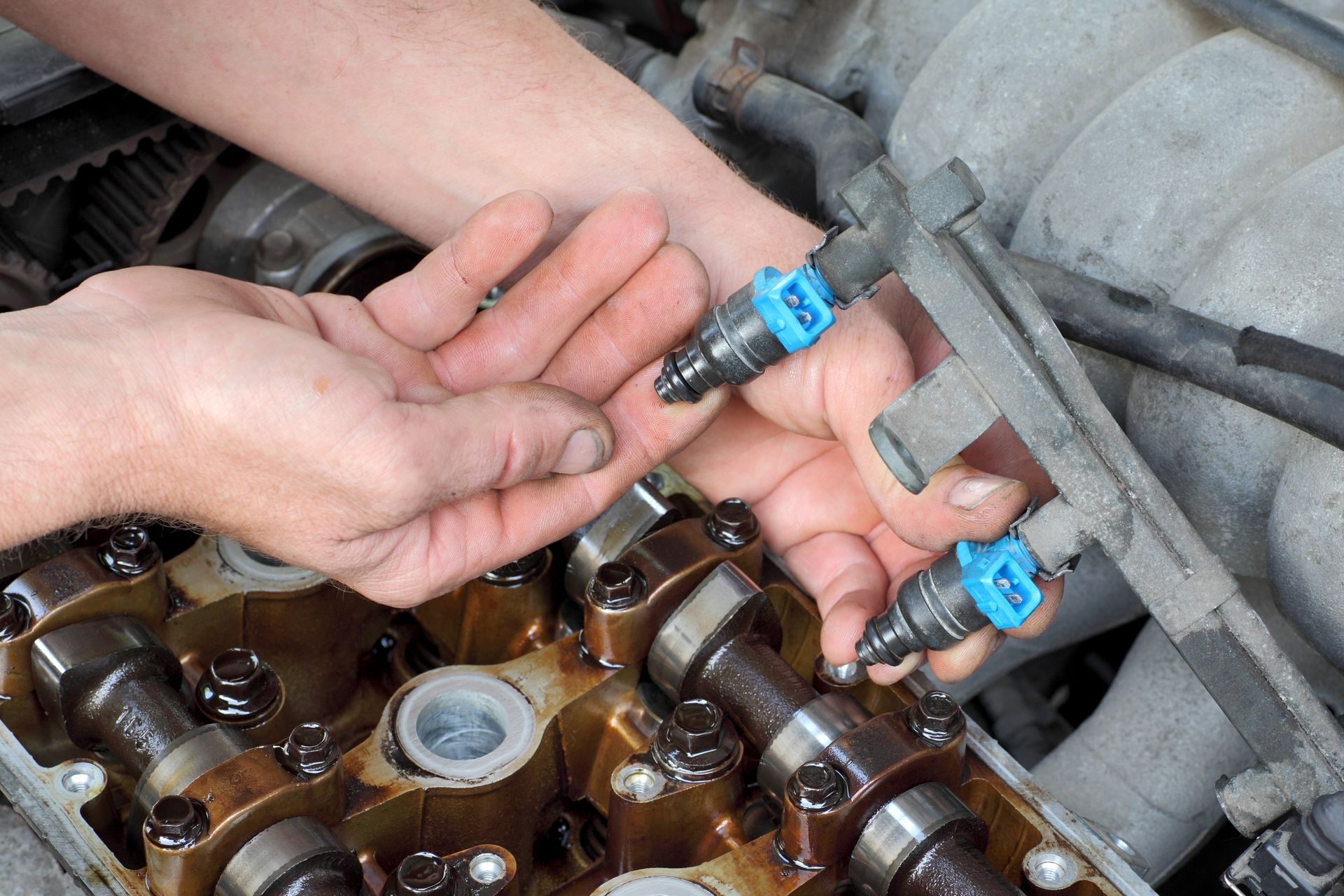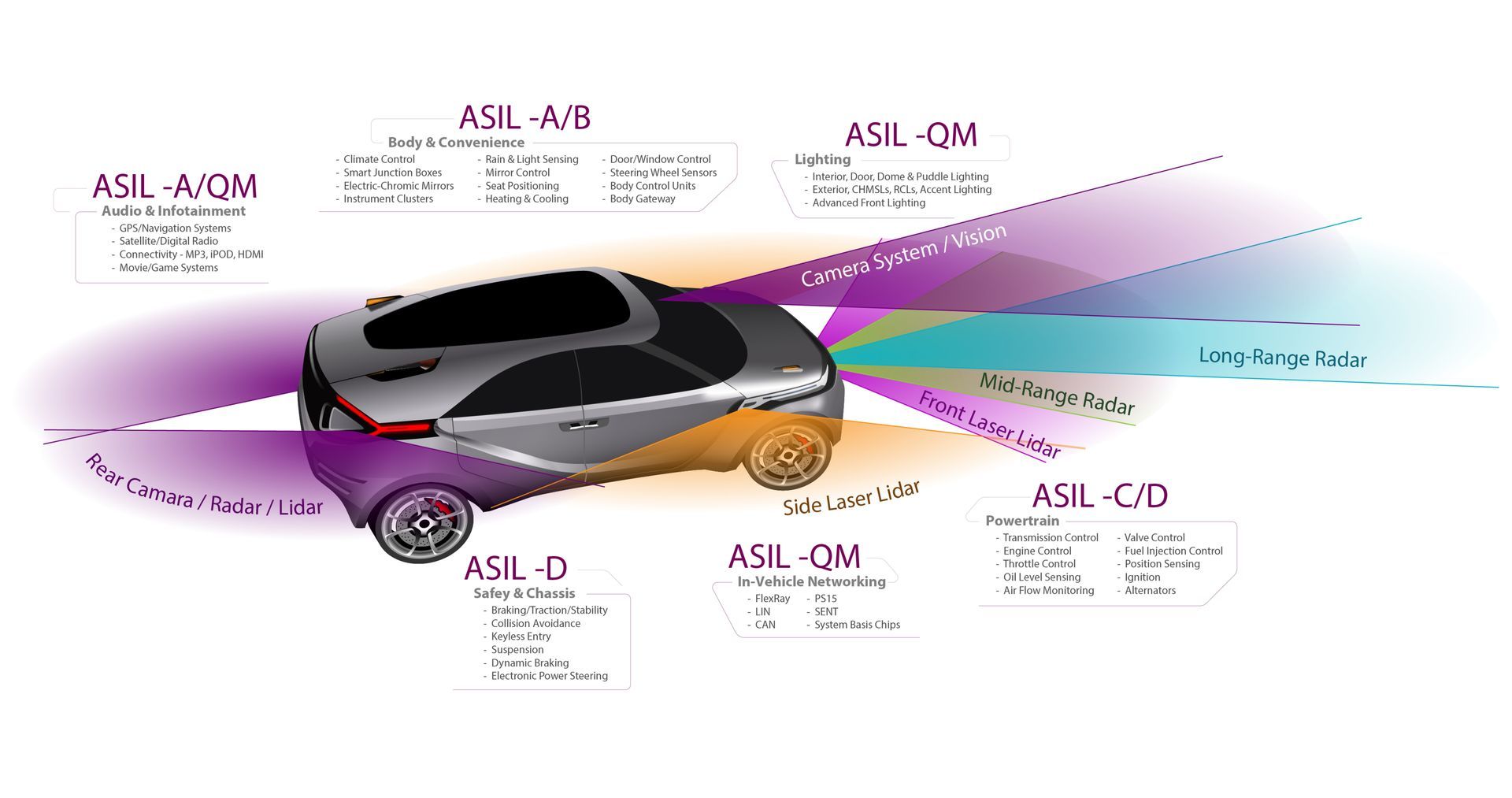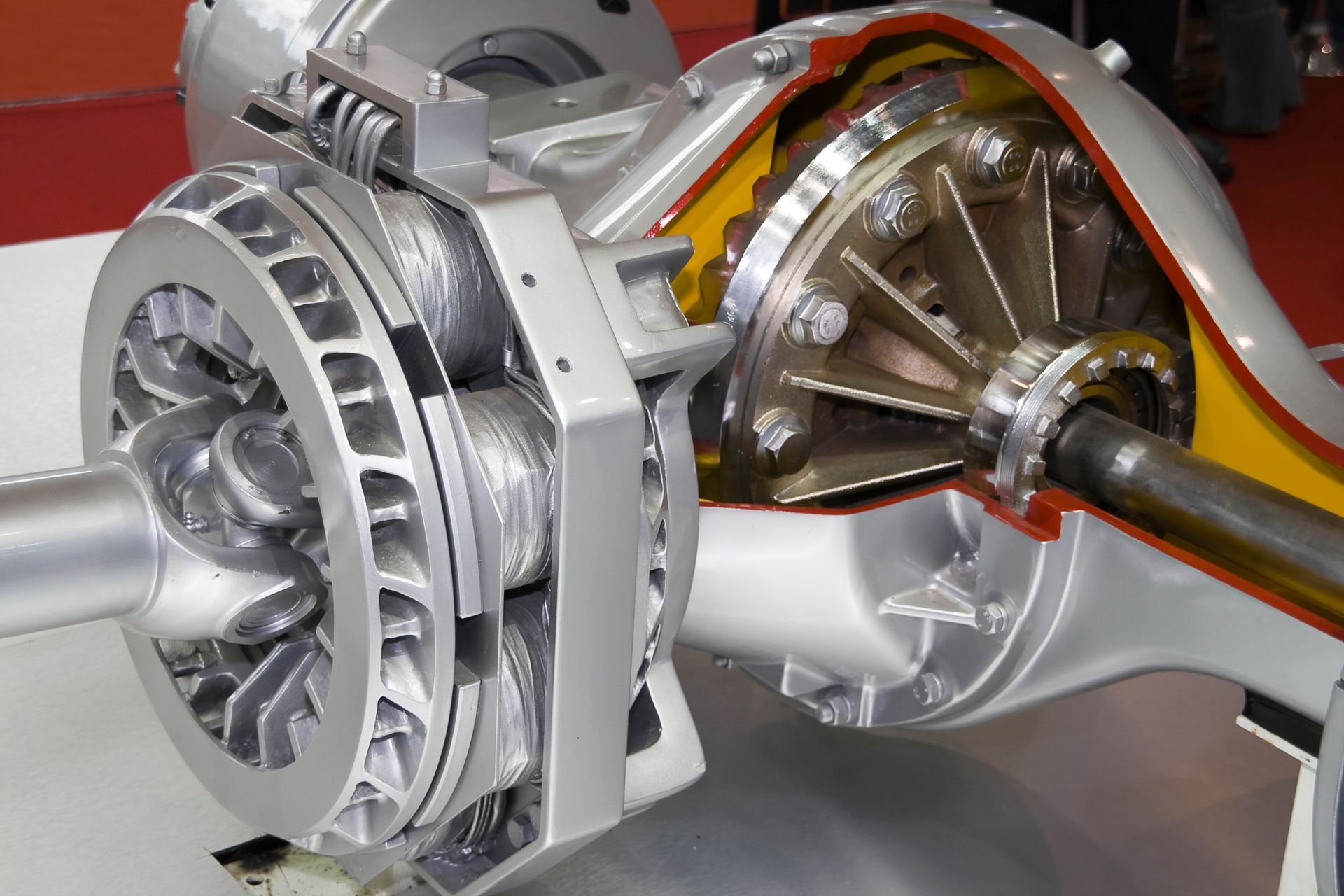Spark plugs are vital components with a major role in your engine’s performance. Their job is to ignite the air-fuel mixture inside the cylinders, powering your vehicle every time you turn the key or press the ignition button. In modern vehicles, spark plugs are built to last longer than ever, but that doesn’t mean they last forever. Over time, even high-quality spark plugs can wear out, leading to reduced efficiency and engine misfires.
If you’re unsure about when to replace your spark plugs or what signs to look for, it’s helpful to understand their function and how they wear out over time.
Typical Replacement Intervals for Modern Spark Plugs
Modern spark plugs are made from durable materials like platinum or iridium, allowing them to last much longer than older copper designs. Most vehicle manufacturers recommend changing spark plugs somewhere between 60,000 and 100,000 miles. However, the actual timing depends on your specific engine, driving habits, and the type of spark plugs installed.
Direct injection engines and turbocharged systems, which are common in today’s cars, may place more stress on the spark plugs, requiring earlier replacement. Your owner’s manual will have the recommended service interval, but routine inspections during maintenance can help spot signs of wear before they become an issue.
What Happens When Spark Plugs Wear Out
As spark plugs age, the gap between the electrodes widens due to wear. This requires more voltage to generate the spark, which can strain your ignition system. Deposits from fuel combustion can also accumulate on the plug tips, reducing efficiency. When this happens, your engine may begin to show symptoms such as rough idling, hard starts, decreased fuel economy, and poor acceleration.
In extreme cases, worn or fouled spark plugs can cause engine misfires, which may trigger the check engine light and lead to further damage if ignored for too long. Replacing spark plugs at the recommended interval helps avoid these issues and ensures that your engine continues to run smoothly.
Driving Habits That Affect Spark Plug Longevity
While spark plugs are designed to last tens of thousands of miles, your driving style can influence how long they remain effective. Frequent short trips, stop-and-go traffic, and long idling periods can all contribute to faster wear. These conditions prevent the engine from reaching optimal operating temperature, allowing carbon deposits to build up more quickly on the spark plugs.
On the other hand, consistent highway driving at moderate speeds helps the engine stay clean and reduces stress on the plugs. If you primarily use your vehicle for city driving or drive in extreme temperatures, it may be a good idea to have your spark plugs inspected more often than the standard schedule suggests.
Benefits of Replacing Spark Plugs on Time
Changing your spark plugs at the proper interval offers several benefits. Fresh plugs restore reliable ignition and fuel combustion, resulting in improved fuel economy, smoother acceleration, and quicker engine starts. It also helps keep emissions low, which is especially important for passing inspection tests or reducing your environmental impact.
New spark plugs can reduce the load on your ignition coils and other related components, helping extend the life of the entire ignition system. Regular replacement also gives technicians an opportunity to inspect the engine for other signs of wear, like oil leaks or ignition coil problems that might go unnoticed otherwise.
Schedule Spark Plug Service at SCC Performance in Atlanta, GA
If your vehicle is approaching the recommended mileage for spark plug replacement, or if you're experiencing symptoms like sluggish performance or a drop in fuel efficiency, don’t wait. Our technicians can inspect your ignition system, replace worn spark plugs, and help your engine run at its best.
Call
SCC Performance in Atlanta, GA, to schedule your spark plug service and keep your vehicle firing on all cylinders.












